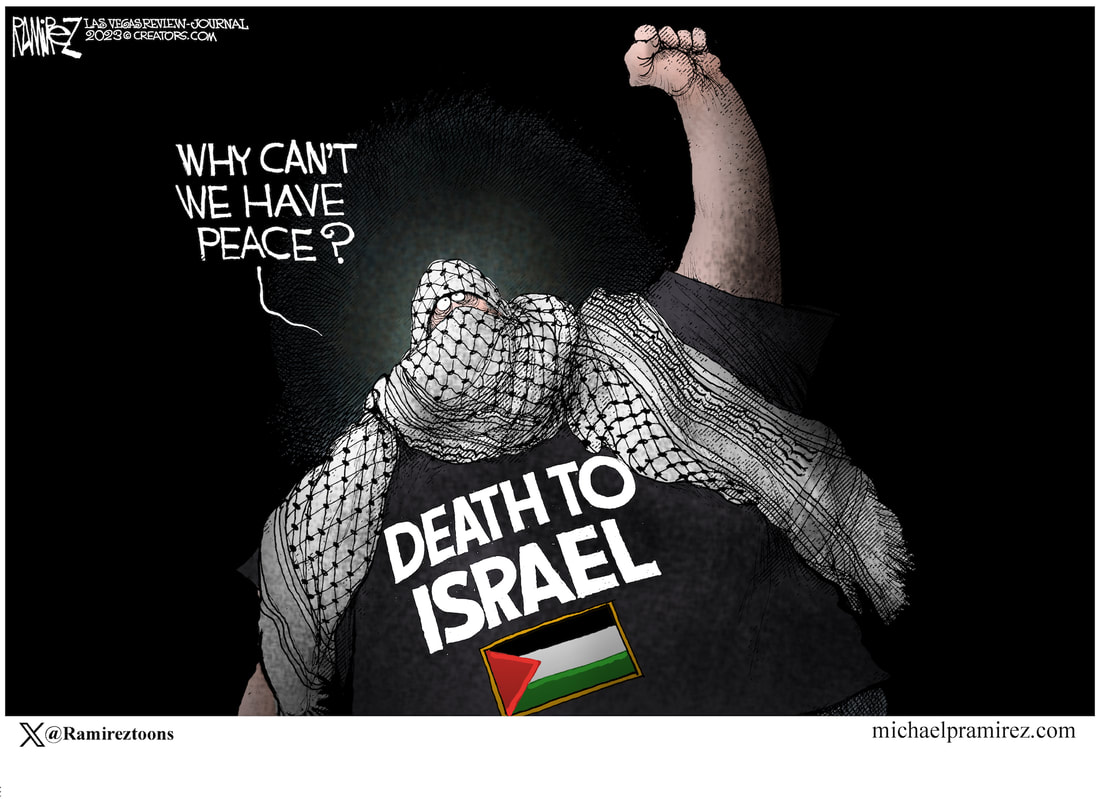where I found an academic misrepresenting the results of yers of surveys of Palestinians, I looked a little more at the website that published it, The Conversation.
We publish trustworthy and informative articles written by academic experts for the general public and edited by our team of journalists.
On this website (and through distribution of our articles to thousands of news outlets worldwide), you’ll find explanatory journalism on the events, discoveries and issues that matter today. Our articles share researchers’ expertise in policy, science, health, economics, education, history, ethics and most every subject studied in colleges and universities. Some articles offer practical advice grounded in research, while others simply provide authoritative answers to questions that sparked our curiosity.
Sounds great, right?
This section surprised me:
Is Israel’s siege of Gaza illegal?
Unlike in the past, total siege warfare now is unlawful regardless of whether the warring parties are involved in international or non-international hostilities.
Blocking the entry of all food, water, medicines and cutting off electricity – as appears to be happening in Gaza – will disproportionately affect civilians, foreseeably leading to their starvation. This is a banned method of warfare under customary and conventional IHL.
So I looked at his
source for the statement that sieges are unlawful. I was surprised to see that the article by Chatham House says the
exact opposite to what Goldman claimed:
Sieges are not prohibited as such under either IHL or other areas of public international law. Under IHL, the besieging party is entitled to attack forces and other military objectives in besieged areas, and to limit supplies that reach them. However, in doing so it must comply with all relevant rules of IHL: the few that specifically refer to sieges, as well as the generally applicable rules that regulate the conduct of hostilities and afford civilians protections and safeguards.
The entire article describes the issues surrounding balancing a siege with humanitarian concerns, but in no way does it say that a siege is unlawful.
It notes that there is disagreement about how to interpret "starvation", noting:
One view, based on the wording of the prohibition in Article 54 AP I and, in particular, on its framing of the practice ‘as a method of warfare’, is that only the deliberate starvation of civilians is prohibited.39 A number of military manuals appear to support this interpretation.40 Additional support for this narrow interpretation comes from the wording of Article 54(2) AP I, which sets out an example of a violation of the prohibition of starvation, and refers to the destruction of objects indispensable to the survival of the civilian population ‘for the specific purpose of denying them for their sustenance value to the civilian population’ (emphasis added).
Others disagree in that specific issue. But to flatly state that a siege is "unlawful" is simply a lie. And there is no evidence that Israel is planning to do anything illegal in its war.
Goldman also makes up international law by saying that Israel's moves today will "foreseeably" lead to their starvation, making it illegal. But that isn't the definition of starvation under IHL, as the same article he cites notes:
In terms of threshold of need, ‘starvation’ implies a high degree of deprivation, more significant than the ‘not adequately provided’ standard that brings into play the rules of IHL regulating humanitarian relief operations. However, it is not necessary for deaths to occur.
Goldman is arguing, without any source, that the cutting off of food is identical to starvation. But "foreseeable" starvation is not foreseeable nor is it starvation under IHL. If and when they get to that point, then Israel may have obligations under the law - but not beforehand.
Even that is not so clear, as the DoD manual says:
[A]llowing passage of these items [foodstuffs, medicines - EoZ] is not required by the party controlling the area unless that party is satisfied that there are no serious reasons for fearing that:
• the consignments may be diverted from their destination;
• the control may not be effective; or
• a definite advantage may accrue to the military efforts or economy of the enemy.
Given that we know Hamas has stolen food and medicines in the past, this is not a theoretical concern. Meaning that even with the caveats in the Chatham House article, a "total siege" blocking food and medicine may be legal under certain circumstances - and Hamas' actions over the years indicates that those circumstances may be happening right now.
UNRWA accused Hamas of stealing its own supplies. Israel is clearly not obligated to allow in food and medicine that will be diverted and used by Hamas, as that negates the entire purpose of the siege.
Why would a professor make a statement and then point to an article that contradicts that statement? Why would he make assertions on international law that are not supported by those who implement them? (Military manuals become
part of customary international law.)
This is not a mistake. This is academic malpractice. It is the knowing misrepresentation of a source as well as the facts.
And while I doubt that Goldman actually supports Hamas, his lies about international law aid Hamas' cognitive war against Israel.
The Conversation clearly doesn't have any serious peer review of its articles. A citation that contradicts the article is pretty egregious.
The first item in the website's
charter says they will "Inform public debate with knowledge-based journalism that is responsible, ethical and supported by evidence." This article is neither responsible, ethical nor supported by evidence.
If they want to live up to their own standards of journalism, this article must be taken down or at least thoroughly reviewed and corrected.
|
 Buy the EoZ book, PROTOCOLS: Exposing Modern Antisemitism today at Amazon! Buy the EoZ book, PROTOCOLS: Exposing Modern Antisemitism today at Amazon!
Or order from your favorite bookseller, using ISBN 9798985708424.
Read all about it here!
|

|

 Elder of Ziyon
Elder of Ziyon









































